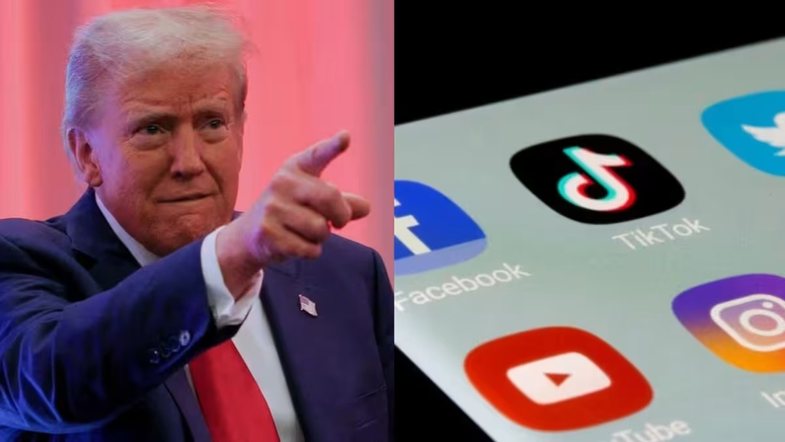
About 12 hours after it was shut down in the United States, TikTok has been restored for many users, almost as if it had never been blocked. The move came just as Donald Trump was officially sworn in as US president.
TikTok welcomed users with an announcement that said: "Thank you for your patience and support. As a result of President Trump's efforts, TikTok is back in the US!"
The sudden move to bring the app back comes after a period when TikTok was becoming unavailable to Americans after midnight on Saturday. Users attempting to open the app at that time were faced with a message saying the app was offline and asking users to "follow the news."
"A law banning TikTok has been passed in the US. Unfortunately, this means you can't use TikTok for now," the TikTok message read.
The app was also unavailable in the Apple and Google Play stores, as were Lemon8 and CapCut, which are also owned by TikTok's parent company, ByteDance, which is based in China.
On Sunday morning, Trump said he would issue an executive order after his inauguration on Monday to delay the implementation of the law banning the app. And within hours, access to the TikTok app and website began to return for users in the US.
TikTok's return will be good news for the app's 170 million American users, many of whom spend hours on the app.
In a statement Sunday afternoon, TikTok said Trump's promise to save the app allowed access to be restored for American users even before his executive order was signed.
"With the approval of our service providers, TikTok is in the process of restoring service. We thank President Trump for providing clarity and assurance to our service providers that they will not face suspensions for providing TikTok to more than 170 million Americans and enabling the growth of over 7 million small businesses," the company said in a statement. "We will work with President Trump on a long-term solution that will keep TikTok in the United States."
But while TikTok's shutdown only lasted a few hours, securing the app's long-term future in the United States will be much more complicated.
Suggested articles:







